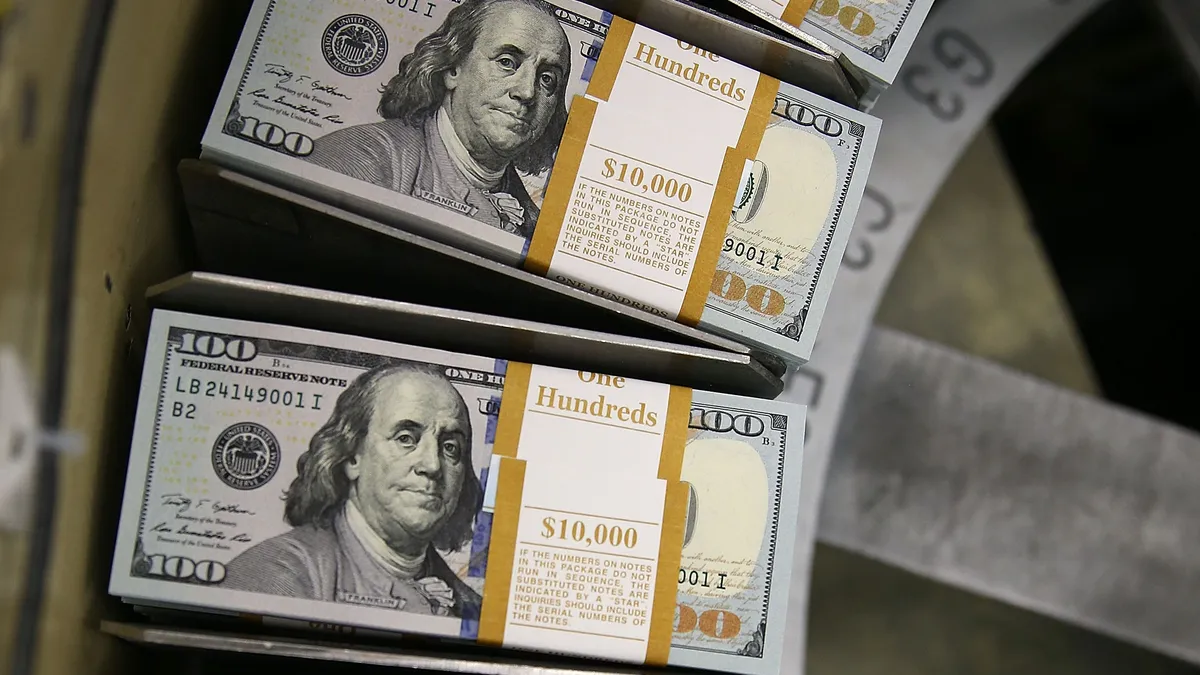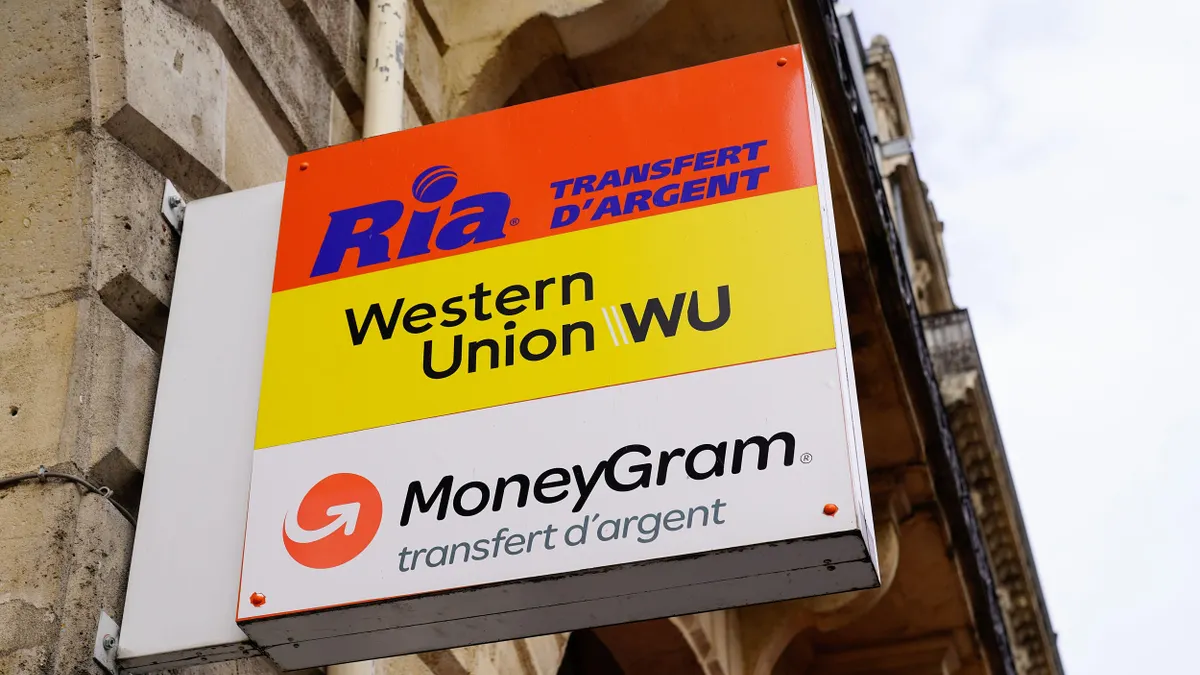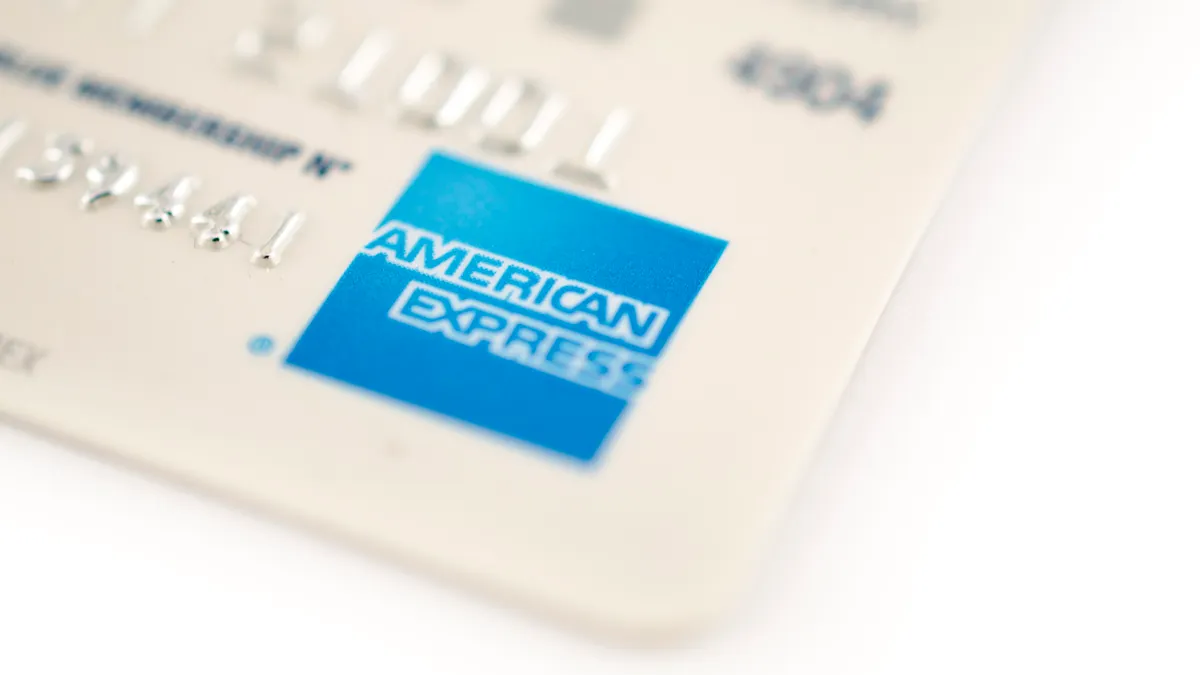The red-hot payments sector is mainly defying the chill affecting investments and valuations for other startups, but even in this dynamic fintech sphere investors may get choosier and initial public offerings may stall, said venture capitalists and analysts who track the industry.
"There’s a reset going on," said Parthenon Capital Partner Zach Sadek, referencing the public markets. Compared to six months ago, valuations and terms for payments startups are "not as frothy, not as aggressive, not as frenzied," said Sadek, whose Boston private equity firm specializes in financial services, among other sectors.
"The edge has come off a little bit," he said during an interview about whether capital is beginning to dry up in the payments area as it has elsewhere.
That wasn't the case up until now. In last year's fourth quarter, U.S. payments companies raised a record $4.2 billion, according to statistics released last week by the research firm CB Insights. There was also a record $13.4 billion raised in 239 deals for the full year, blowing past 2020’s $6 billion and 180 deals, according to the firm's State of Payments report. Globally, payments startups raked in $32.7 billion in 2021, yet another record.
The fast-changing payments space has commanded investor attention in recent years. "There was a lot of exuberance around valuations of young, fast-growing payments companies, and that exuberance hasn’t gone away completely, but it’s begun to wane," Sadek said.
In the middle market, where Parthenon operates, there is still an appetite for "solid businesses, and payments is still viewed, appropriately, as an attractive area," he added. Parthenon has about $6.3 billion in assets under management, and its current portfolio includes payments companies Payroc, BlueSnap and DaySmart.
But the Federal Reserve’s intention to normalize interest rates has sparked a pullback "from the most speculative parts of the market," Sadek said.
Rob Anderson, a partner with FTV Capital in San Francisco, said it's becoming tougher for companies "to piggyback off of the premium valuations that really great businesses were getting."
There’s still healthy valuations out there, stressed Anderson, who helps lead FTV’s investments in fintech; the firm has raised nearly $4 billion and its portfolio includes payments players Plate IQ and Tango Card. But the sector is "seeing a real flight to quality," and investors may be less willing to take risks on certain startups.
"Great companies will continue to command premium valuations," Anderson said, adding FTV remains "disciplined through this." FTV is mindful of what’s occurring in public markets, but "our strategy doesn't change."
More likely to remain private
What is likely to happen, analysts and investors said, is fewer public exits by payments companies. An investment banker told Sadek last week "the IPO window was effectively closed, which is Wall Street speak for, it’s very hard for companies to go public right now," he said.
Late-stage startups are likely to table plans because they wouldn’t secure as much value for their investors, said Anisha Kothapa, senior analyst for fintech at CB Insights.
Last year was a record year for public exits for payments companies, with 12 selling shares, said Jordan McKee, a principal research analyst with 451 Research, part of S&P Global Market Intelligence. Nonetheless, many haven’t performed favorably in the stock market. Affirm, Marqeta and Wise are among those that went public in 2021 and have had share prices fall below their IPO price.
Payments companies considering going public in the near term "are probably reevaluating that a bit," McKee said. That doesn’t mean they’ll remain private forever, he added, but "I would expect a bit of deceleration in public exits this year."
'Eye-popping' funding rounds
Still, McKee said he hasn’t "seen any indication that there’s a pullback" for venture investments in the payments arena. In the second week of January alone, London-based Checkout.com raised $1 billion, San Francisco-based Bolt collected $355 million and London-based Global Processing Services brought in $100 million, he noted.
This month, GoCardless, also based in London, announced a $312 million funding round. Investors are taking a long-term view, and "there’s a lot of very, very promising tailwinds," McKee said.
The rounds "are certainly eye-popping," McKee said. Five years ago, "it was fairly uncommon to see a nine-figure funding round, and today, that’s a pretty typical funding round for a payments company that’s exhibiting growth."
Kothapa, too, has noticed more payments mega-rounds, with money often collected earlier in the process, resulting in higher valuations. In that segment, CB Insights reported a record last year of 101 mega-rounds – classified as those raising $100 million or more. They made up 15% of the deal count, but 76% of the money raised, according to the firm's report.
The U.S. payments sphere logged the most mega-rounds of any region in the world, surpassing the totals in either Europe or Asia, the CB Insights report said. Overall, payments companies in the U.S. raised $4.2 billion in 47 deals just in the fourth quarter last year.
Median company valuations in the payments sector rose globally across all funding stages in 2021, with the late-stage median rising to a record $2.2 billion, according to the report.
Newer entrants like digital payments company Stripe and retail payments firm Checkout.com have "a lot of runway when it comes to growth," McKee said, as they go up against established processors like Fiserv or FIS. That "tremendous amount of potential" keeps investors excited.
The massive funding rounds also speak to the competition among investors: Venture capital firms, private equity shops, asset and investment managers, corporate venture arms and companies are all jockeying to fund these startups, Kothapa said.
Asset and investment management firms accounted for 15% of payments deals in the fourth quarter of 2021, a record high, per the CB Insights report. Venture capital firms kicked in the most at 32%. Ultimately, even if venture capital firms pull back, Kothapa said, payments companies "will probably get funding somewhere else."
Most popular payment niches
Anderson and Sadek both named cross-border payments, B2B payments and the convergence of software and payments as some of the sub-segments they expect to remain most attractive to investors. "It really is early innings" with some of those trends, Anderson said, and the pace of innovation is rapid.
Crypto fintechs focused on payments and digital wallets are getting massive amounts of funding, Kothapa said, and she expects that interest will remain strong. "This funding is not slowing down anytime soon," she said.
The top deal in the fourth quarter was the $555 million early-stage investment in the U.S. crypto payments startup MoonPay, per CB Insights.





















